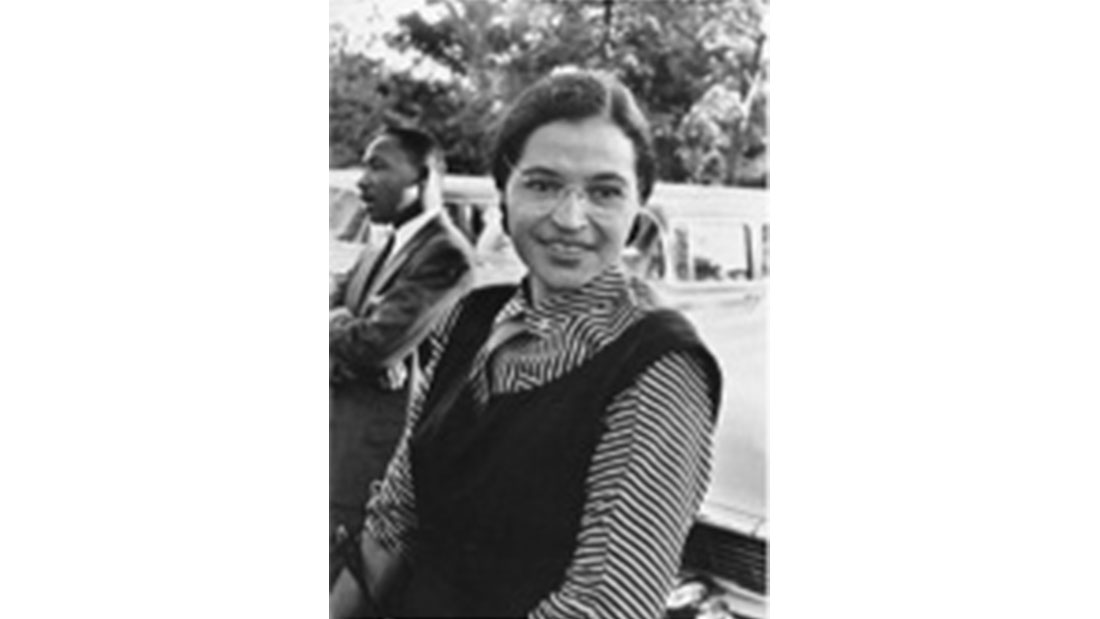
07 Nov Personal Power: Accessing Our Leadership
Leadership is an act, as much as it is a role. While popular notions of leadership emphasise the position of CEO, politician or chairperson, our obsession with positional power clouds our capacity to notice and learn from many ordinary and extraordinary moments of leadership – and potential leadership.
Sadly, our reliance on the identified office of the leader, causes us to overlook important leadership opportunities that lie within reach for each of us.
In my view leaders are people who see a problem, a need or an opportunity and choose to speak and act in service of what they believe to be right.
When our judgement is accurate, our actions address a need in the society or organisation. Others are affected by these acts of leadership – their work is made easier; their future seems more secure or their understanding of their community enriched.
However not everyone will support us. Encouragement may be sporadic. Acknowledgement, if it is forthcoming, can be delayed. Sometimes leadership involves taking a stand in the face of vehement disagreement or opposition.
So what prepares an individual to be a leader? What enables someone to step up to the plate when the opportunity presents itself?
For my money, understanding and having access to our own personal power is key. What do I mean by that? Let’s consider what personal power looks like in action.
In 1955, when Rosa Parks refused to give up her seat to a white passenger, despite being ordered to do so by the bus driver, she demonstrated incredible personal power. In the absence of institutional or soclal power, she drew on her ability to follow her own sense of what was and wasn’t right She not only refused to give up her seat, she fought her conviction, challenging the legality of racial segregation. Her arrest sparked the Montgomery bus boycott, which lasted 381 days and cost the transit company dearly given that 75% of its customers were African-American.
Parks story reflects the personal power required to be a leader. Though she had little formal power on her side, the seamstress acted within her sphere of influence.
Personal power is hard to define. It’s something we feel and experience – an inner state. It’s a sense of being anchored to our own knowing and capability, even when we don’t know for sure. It allows us to back ourselves.
Personal power comes from being connected with forces, like visions, values and passions that are stronger and more enduring than the immediate challenges that confront us. It sustains us.
Leadership is almost impossible without access to personal power. The forces operating in societies and organisations are strong. They include the pressure to deliver results, manage vested interests, engage with the diverse stakeholders and address competing expectations. As leaders or individuals contemplating leadership, we must meet the challenges these forces can present.
Leaders need to build a sense of personal authority that allows them not only to withstand, but to engage with those forces. Without personal power we are buffeted by every current in the organisational landscape. Without personal power we lack a solid base from which to reflect on questions of organisational strategy and priorities and as a result we can feel rudderless.
Personal power offers a sense of direction that comes from within. When threatened by the bus driver with arrest, Parks replied “You may do that”. The simplicity of her response illustrates something important about the nature of personal power. She remained close to her own core strength.
When someone is connected to their deepest knowing, we can feel it. We recognise their congruence. There is a contained power in their communication. Whilst Parks’ challenge to ingrained racism was met with force, resistance often drops away when we demonstrate such congruence. Ironically there was no fight in the words of the woman now known as ‘the first lady’ of civil rights. Her actions said everything.
Nurturing Personal Power
How then does one uncover one’s personal power? It’s not something we can buy online or even emulate. We build our confidence and cultivate our authority in diverse and often confronting situations. We find our power by engaging with people and the world around us.
Personal power isn’t developed overnight. Rosa Parks’ act of defiance, was more than a spur of the moment reaction. She’d had a previous encounter with James Blake, the driver who ordered her to move. Twelve years earIier, in 1943, he’d asked her to dismount the bus after paying her fare and to enter through the rear door. When she obliged he drove off, leaving her in the rain. Since that time, Parks had chosen on many occasions to walk rather than take the bus. In her own words: “My resisting being mistreated on the bus did not begin with that particular arrest. I did a lot of walking in Montgomery.” What’s fascinates me about this dimension of Parks’ story is that our personal power is often discovered in quieter or solitary moments, in humble acts that attract no fanfare.
Before writing this post my first impulse was to say that personal power comes with experience, but it’s more than that.
There’s a particular way of engaging with experience that empowers you.
1. Refuse Victimhood
Personal power comes from refusing to drift into a sense of benign victimhood. That means keeping an eye out for when you are defensive or reactive, when you’re shutting down or avoiding issues.
2. Know Your Triggers
Personal power comes from knowing yourself, from knowing how you react in different situations. What pushes your buttons? Where do you feel vulnerable and exposed?
Notice what you fear. When you know your triggers you can work on them.
3. Reclaim Your Power
Personal power comes from taking your power back when you find yourself intimidated by people or situations. Recognise the projections you place on other people. Find these undeveloped qualities in yourself.
Pinpoint what concerns you most – it will make it easier to develop strategies for dealing with them.
4. Find What Strengthens You
Personal power is also about knowing what strengthens and inspires you. Connect with your vision and values. Know what’s important to you.
Understand your heritage, the stories of resilience, courage and survival handed down through your family. Tap into these traditions.
5. Know Your Strengths
Personal power is about understanding your talents and abilities, knowing what you’re capable of and what others look to you for. It’s about knowing the difference they can make.
6. Accept Your Limitations
Personal power is also about knowing the limits of your own abilities and being ok with them. This allows you to call on others to support you, to have a team behind you.
What’s been your path to discovering your personal power? I’d love to hear about your experiences…


No Comments